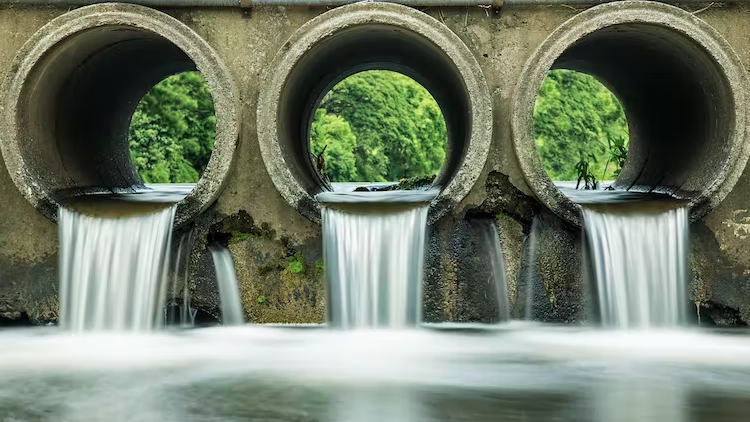Three waters reform threatens councils’ vital role as leaders in placemaking and community wellbeing outcomes, Local Government New Zealand (LGNZ) says in its submission on the Water Services Legislation Bill and Water Services Economic Efficiency and Consumer Protection Bill

Local government agrees how we deliver three waters services to New Zealanders must change. Broader system failure has created longstanding issues, negatively affecting many communities now and even more in the future. Climate change-related extreme weather events will continue to compound that impact on communities’ wellbeing, as we have seen in recent floods.
While all our members want better outcomes for communities through three waters reform, they are not unified in their views on the Government’s model.
Nevertheless, the Government’s model and approach can be improved in response to local government’s commonly held concerns. If this legislation is implemented, we want it to be as workable as possible.
As three waters reform shifts from design to implementation, councils need certainty that their relationship with a Water Services Entity (WSE) will support and enable council functions, placing communities first.
Councils’ key concerns with the Water Services Legislation Bill
Councils are much more than just another three waters stakeholder. The proposed relationship agreement will be critical to the relationship between councils and the water services entities – and its current framing fails to acknowledge that relationship’s criticality and complexity.
Councils are already stretched responding to other reform and frequent emergency management events. We are concerned about the practical implications of transfer provisions set out in the WSEA and the WSLB, including how much council resource these could consume on top of councils’ BAU work.
Some councils are shocked that council-controlled organisations (CCOs) now appear to be captured by reform. We are surprised and concerned by the number and type of council organisations (including CCOs and their subsidiaries) that would be treated as a “local government organisation” or a “mixed shareholder CCO” for the purpose of the WSEA. This even includes CCOs where the provision of water services is not their primary or predominant business.
Many councils are strongly against collecting water charges on behalf of WSEs.
There is too much uncertainty around the charging regime (including the scope of geographic averaging). This includes the need for limits/regulations on the charges that a receiver will be able to collect in respect of unpaid debt of a WSE.
Councils’ key concerns with the Water Services Economic Efficiency and Consumer Protection Bill (referred to as the Economic Regulation Bill)
The core problem definition is wrong. It approaches the water services sector as if it was any other natural monopoly utility. We find the reference to WSEs’ ability to “extract excessive profits” inflammatory and inaccurate.
Information disclosure should be the primary focus for economic regulation, at least initially.
Implementing quality regulation and price-quality regulation in the first regulatory period doesn’t make sense.




